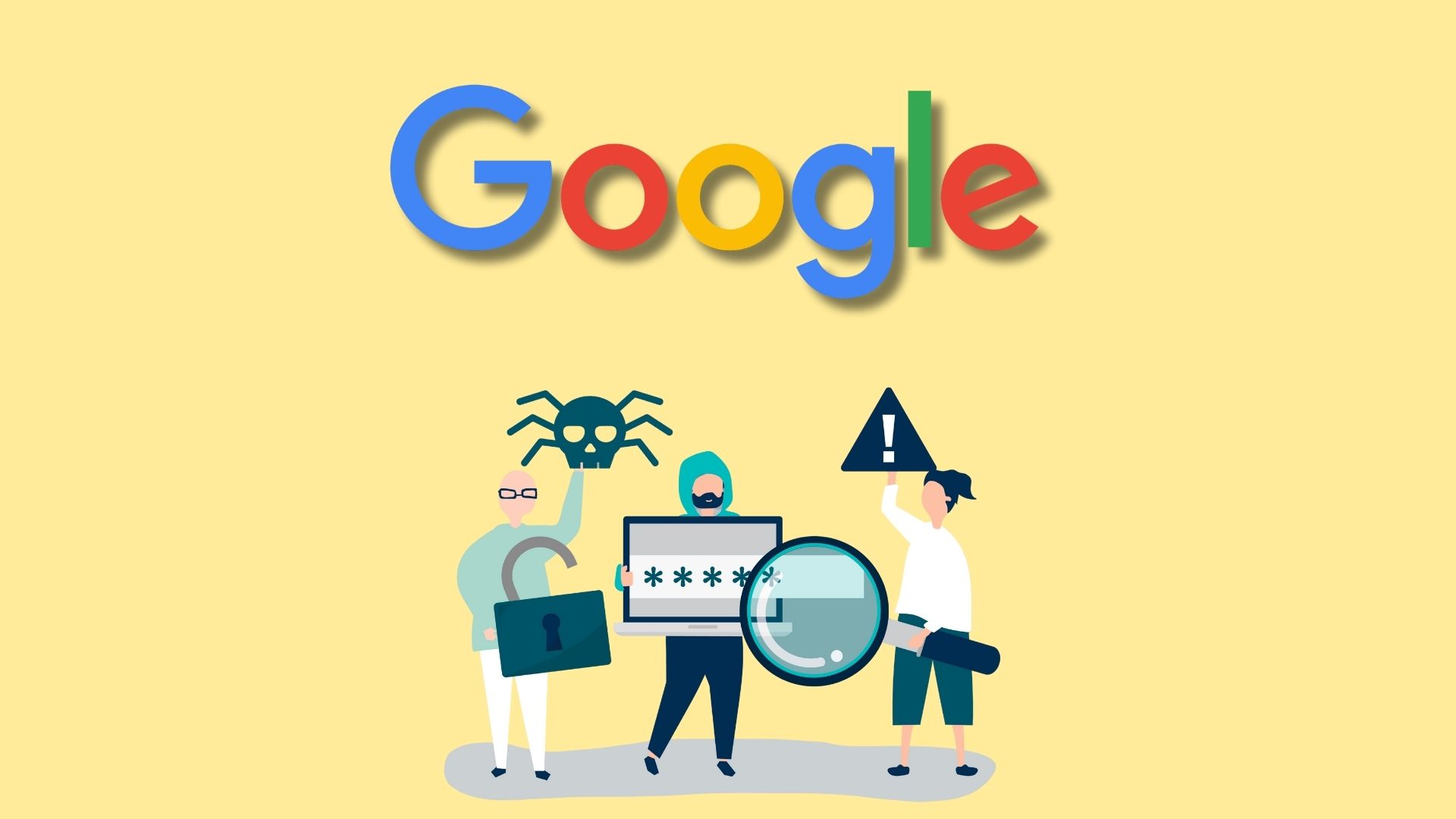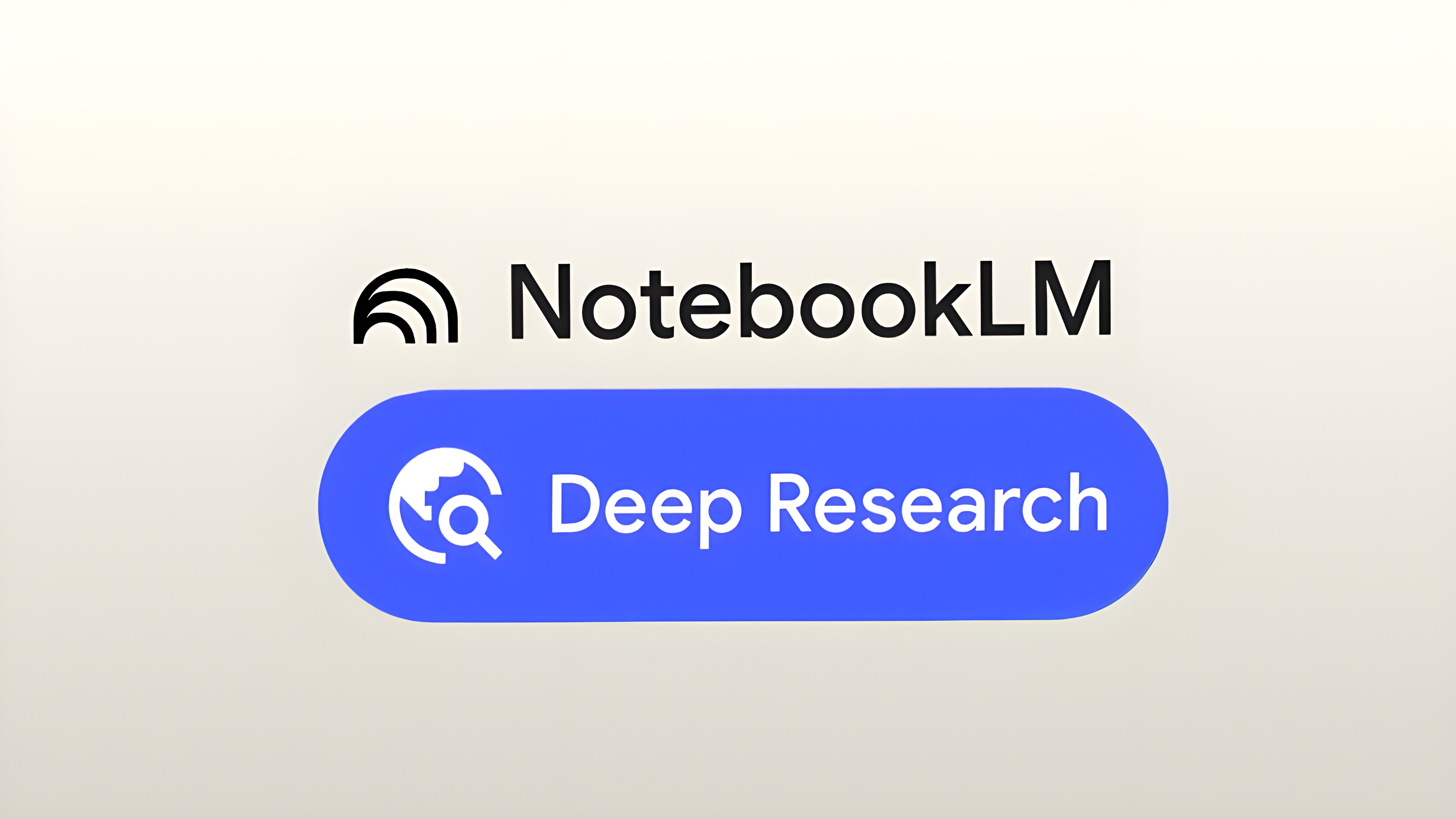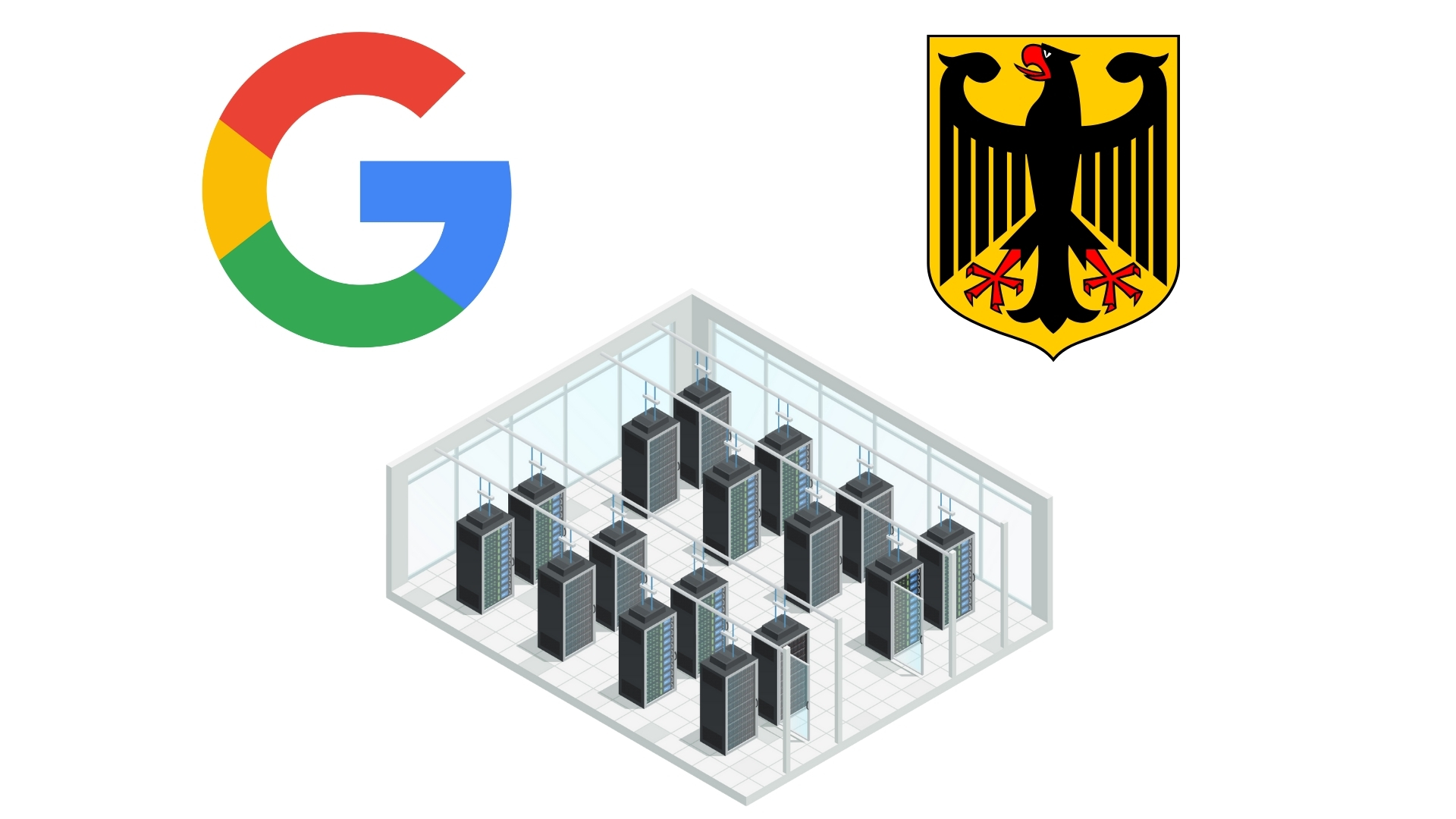Google will pour 40 billion dollars into Texas by 2027, expanding digital infrastructure. Funding focuses on new cloud and AI facilities alongside existing campuses in Midlothian and Dallas.
Three new US data centres are planned, one in Armstrong County and two in Haskell County. One Haskell site will sit beside a solar plant and battery storage facility. Investment is accompanied by agreements for more than 6,200 megawatts of additional power generation.
Google will create a 30 million dollar Energy Impact Fund supporting Texan energy efficiency and affordability projects. The company backs training for existing electricians and over 1,700 apprentices through electrical training programmes.
Spending strengthens Texas as a major hub for data centres and AI development. Google says expanded infrastructure and workforce will help maintain US leadership in advanced computing technologies. Company highlights its 15 year presence in Texas and pledges ongoing community support.
Would you like to learn more about AI, tech and digital diplomacy? If so, ask our Diplo chatbot!








